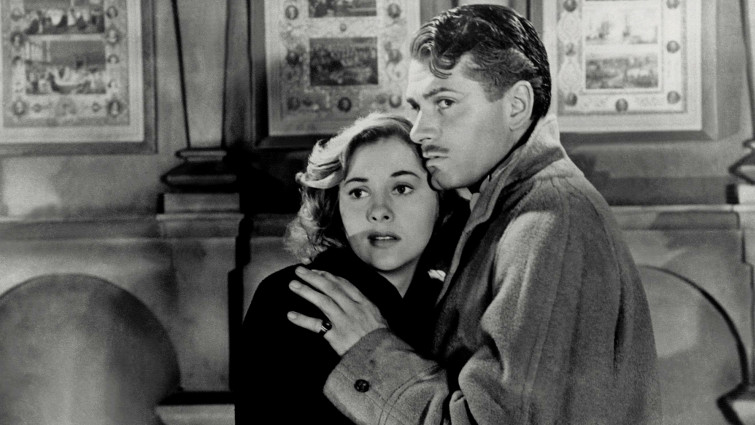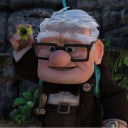

Member review

Rebecca
Spine-chilling mystery in which a new bride moves into her husband's mansion only to find it filled with reminders of his dead former wife.
Certificate
Duration125 mins
Review by
-
 Fletcher, 17
Fletcher, 17 - 3 reviews
Rebecca: A Forgotten Classic
When you think of Alfred Hitchcock, which films spring to mind? "Psycho", "Vertigo" and "The Birds" all stand out as go-to movies from the director, but what about "Rebecca"? It's flown under the radar, overshadowed by Hitchcock's later works. I actually hadn't heard about it prior to joining the Film Club at my college, and I'm sure you probably hadn't heard of it either. Make no mistake, however, because "Rebecca" is a hidden gem that more people need to see. Here's why.
Briefly put, this film is a psychological thriller masked as a romance. An adaptation of the celebrated novel written by Daphne Du Maurier, "Rebecca" is about a young woman who marries aristocrat Maxim de Winter, a widower who's partner Rebecca died under mysterious circumstances. The new Mrs. De Winter must fight to escape the shadow of her predecessor (a feat made difficult due to housekeeper Mrs. Danvers), as well as uncover the mystery surrounding her newfound husband.
Interestingly, the lead character (played by Joan Fontaine) is never named officially; she's either referred to as a "young woman" or as "Mrs. De Winter" online. Either way, Fontaine gives the part much personality, delivering a good depiction of a girl adapting to the unknown. Maxim De Winter is an interesting character, also. Played by Laurence Olivier, he is a brooding and cold man. However, as the film progresses, we get to see another side of Maxim, a side I found refreshing for the time period. The most complex character is that of Mrs. Danvers, the jealous and obsessive housekeeper. Judith Anderson plays a very fascinating and increasingly unsettling role as the film develops, bringing the signature Hitckcockian tension to the movie. Visually, this film is stunning. From the film noir lighting to the visual effects which are ahead of their time, this film is classically Hitchcockian. The film's soundtrack (composed by Franz Waxman) underlines and accentuates the suspense that is created through the visuals, resulting in a tense atmosphere when needed.
"Rebecca" won 2 academy awards in 1940 (best picture and best cinematography) and was nominated for another 9; after seeing this film, it's not at all surprising. Yes, it's a bit difficult to follow from time to time, however I find that to be the case with many films from the classical Hollywood era, this one being one of the better ones to understand. This film is not to be missed for the Hitchcock fan. Alfred's stamp is left all over this film, from the multidimensional characters to the fantastic use of montage. This enjoyable, tense and unpredictable motion picture is a must-see for anyone who enjoys being on the edge of their seat, as well as the aspiring detective.